July | 2025
A call to take up and read
When I was growing up, I would see my grandmother every morning or throughout the day sitting in the same chair doing a crossword puzzle. She did them religiously. Sometimes I would ask her why she was doing them, and her answer was the same every time, “To keep my brain sharp.”
This is the woman who was born in 1945, taught herself to read Greek, went to (and sometimes lead) BSF for decades, all while battling a brutally extended battle with cancer.
And yet, she did her crossword puzzles to keep her brain sharp.
Those things are specific to her. But I do think it’s instructive. She used none of the digital technology that we use today, and yet she felt the need to keep her brain sharp.
I want to propose a very simple argument.
If:
Constant digital exposure leads to cognitive and emotional decay (which every single study on these kinds of things shows that it does)
Algorithms silo us into filter bubbles that influence our perspectives (which they do)
AI is only going to make these issues exponentially worse (it already is)
Then:
The single most important thing we can do to resist these forces, stay cognitively sharp, and be free from the whims of algorithms and LLMS is to read for 30 minutes a day.
I really believe it’s that simple.
That could even be 15 minutes in the morning and 15 minutes in the evening. But the important thing is that we need to constantly be reading.
Fiction. Non-Fiction. Both, preferably.
But it really needs to be books that are more than the books that are written for BookTok. Not that you can’t read those books, but that it’s going to take more than those books to keep you sharp.
This isn’t an either/or, but we must recognize that reading books which were written in a way to be optimized to perform well on the TikTok algorithm is really only a marginal step up from scrolling through TikTok itself.
We need to be reading books that stretch us. Books that are outside of our comfort zone. Outside of our preferred genre.
Only read non-fiction? Try fiction!
Only read fiction? Try non-fiction!
Only read fantasy? Try a classic.
Only read theology? Try history!
Only read literary fiction? Try sci-fi!
I think this is important on a number of levels.
The first level is essentially what I’ve already argued for. In a world experiencing cognitive and emotional decay because of immersive digital technology, it’s absolutely imperative for us to cultivate both our intellect and our imagination, and there is simply no better way of doing that than reading books. If we fail to do this, we will struggle to form and maintain the relationships, community, institutions, and yes, spirituality, that we need in order to flourish in this life.
The second is like it: we must raise the bar for conversation and thoughtfulness.
We should not be intimidated to read books or articles. We should be able to process the story or the line of thought, think about them deeply, relate them to other things we’ve read and thought, and have a good discussion about it.
These are the conversations that enrich our lives. They allow us to get to the heart of the matter in all matters of life. This is how we grow, develop, and flourish. They don’t descend into jokes or self-deprecation or irony or intimidation or judgment or defensiveness. Being able to sustain thought and conversation on a single idea for an extended period of time is how we move beyond the surface of things and swim in the depths of life. And we will struggle to do this if we are not reading.
Earlier this year, my wife read Hannah Coulter by Wendell Berry (see below). I just finished reading it as well. The fact that both of us have read this book has already provided such rich language, imagery, and vision to our marriage that I’m positive it will affect our marriage, parenting, family, and community decisions decades down the line. And that’s from both of us reading a single sub-200 page book. This is the potential that making the commitment to be a reader offers for our lives.
Augustine famously recounted his conversion in Confessions as the moment when he heard the voice of a small child saying to him, “Take up and read.” He rushed to grab the Scriptures, opened them, and read the first passage he turned to, which happened to be Romans 13. And in that moment, Augustine was converted.
In a lesser way, I wonder what conversions await those of us who dedicate ourselves to likewise take up and read?
I unintentionally included 18 articles in this newsletter.
I always include a couple of books in these newsletters.
I don’t expect everyone to read every one.
But I would also encourage you not to be intimidated. Look for one or two or three that interest you and read them. Spend time with the thoughts and mull them over a long while after you’ve closed the tab.
Nearly all of these articles left a profound impression on me. I hope they leave a similar impression on you.
I want to punctuate this by sharing a video Kyle Worley made that makes a similar point to what I’ve made here. It’s difficult for me to think of too many things more urgent for us to recover than this.
Please consider.
My Latest
Interviews
Walking Through Deconstruction: A Conversation with Ian Harber on Defragmenting
This is one of my favorite podcasts I’ve done. You can really tell when someone has engaged deeply with what you’ve written. Keith asks fantastic questions, and there’s just a lot about this interview that I love.
If you’d like to interview me about my book for your podcast, reach out. I’d love to talk with you.
Speaking
Xenos Summer Institute 2025 at Dwell Community Church | July 9 - 11
Amplify Conference at Wheaton College | October 21 & 22
My Book
$13.46 — Amazon
From The Bookshelf
Hannah Coulter — Wendell Berry
This is a book about nothing, and it changed my life. I don’t know how to describe it to you any more than that. It’s essentially a fictional memoir of a woman who lived through just about the whole 20th century. She lived on a farm. She married young and experienced loss. This book moved me in ways I didn’t expect it to.
There is a reason Stoicism is having a moment right now. In an emotionally fragile world, people are searching for stable ground. Stoicism isn’t perfect. What it lacks is perfected in Christianity (Ryan Holiday, I hope you read this). But Fortitude is a virtue. And it’s one we should all cultivate. It’s hard to think of too many books better suited to help with that than this classic. I should tell you: this is a remarkably easy read. It’s basically Pagan Proverbs without (most of) the Paganism and (all of) the divine inspiration. But there sure is a bunch of great wisdom here worth heeding.
To Read
To Watch
To Listen
The Myth of Work-Life Balance: Why Your Search for It Is Destroying Both
I listened to very few podcasts this month. Spent a lot more time reading articles and when I did listen to something, it was typically on YouTube. Kind of interesting to think about my own media consumption habits.
From This Year
June | 2025
I had a realization that I basically only make two kinds of decisions: 2-minute decisions and 2-year decisions.
April | 2025
I took a week off last week to officially transition between jobs and was reminded that staycations are far superior to so-called vacations with young children.



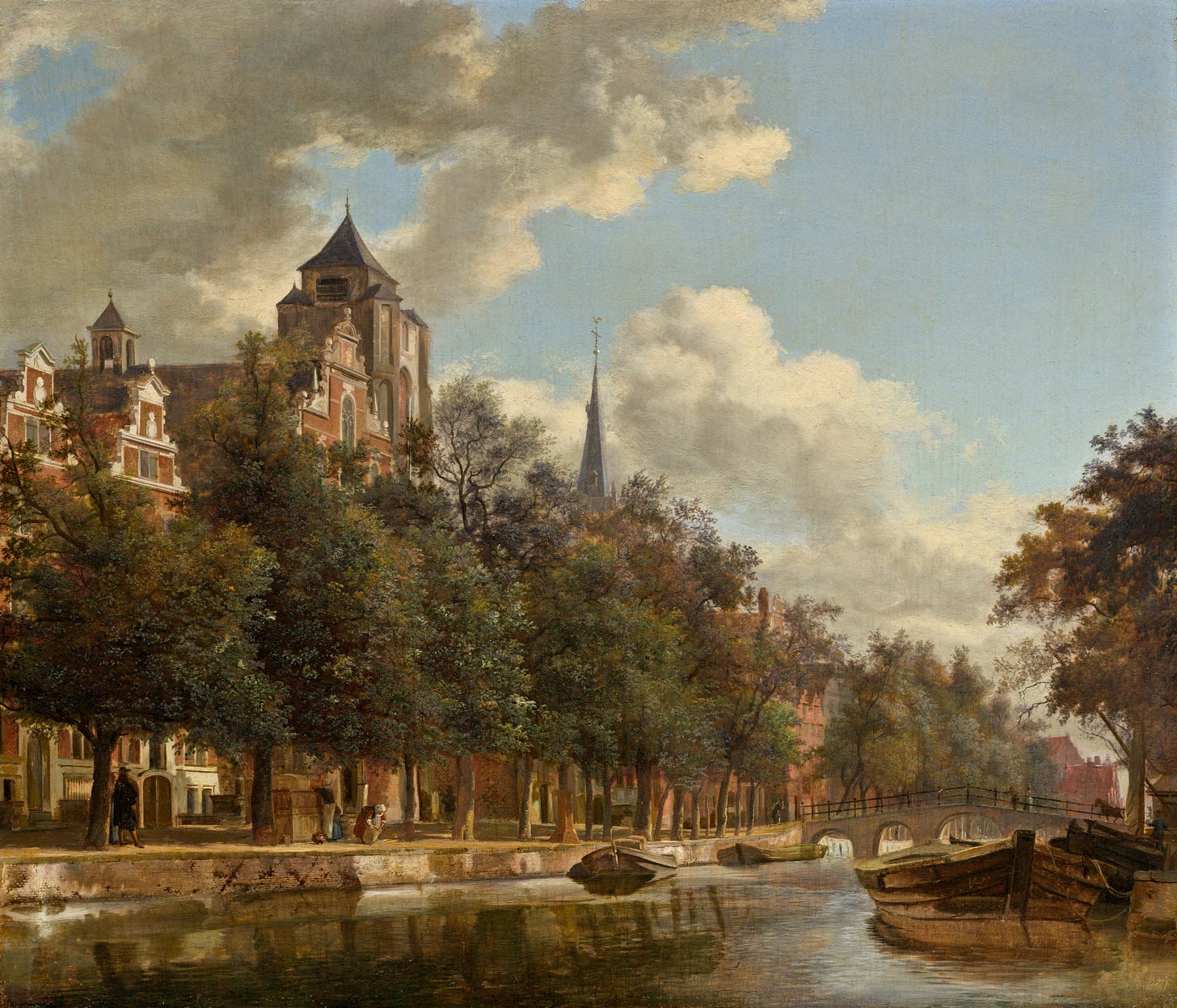

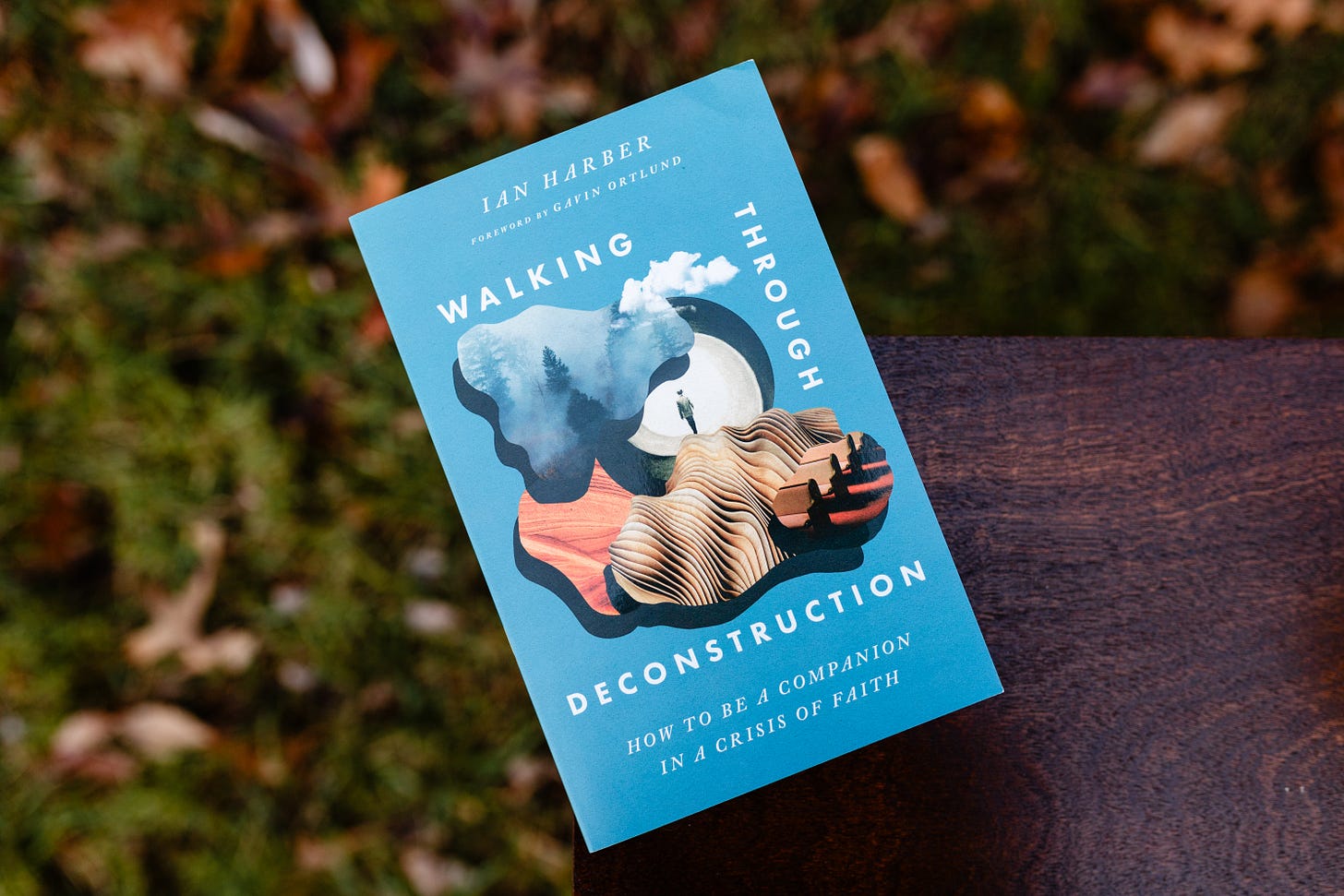

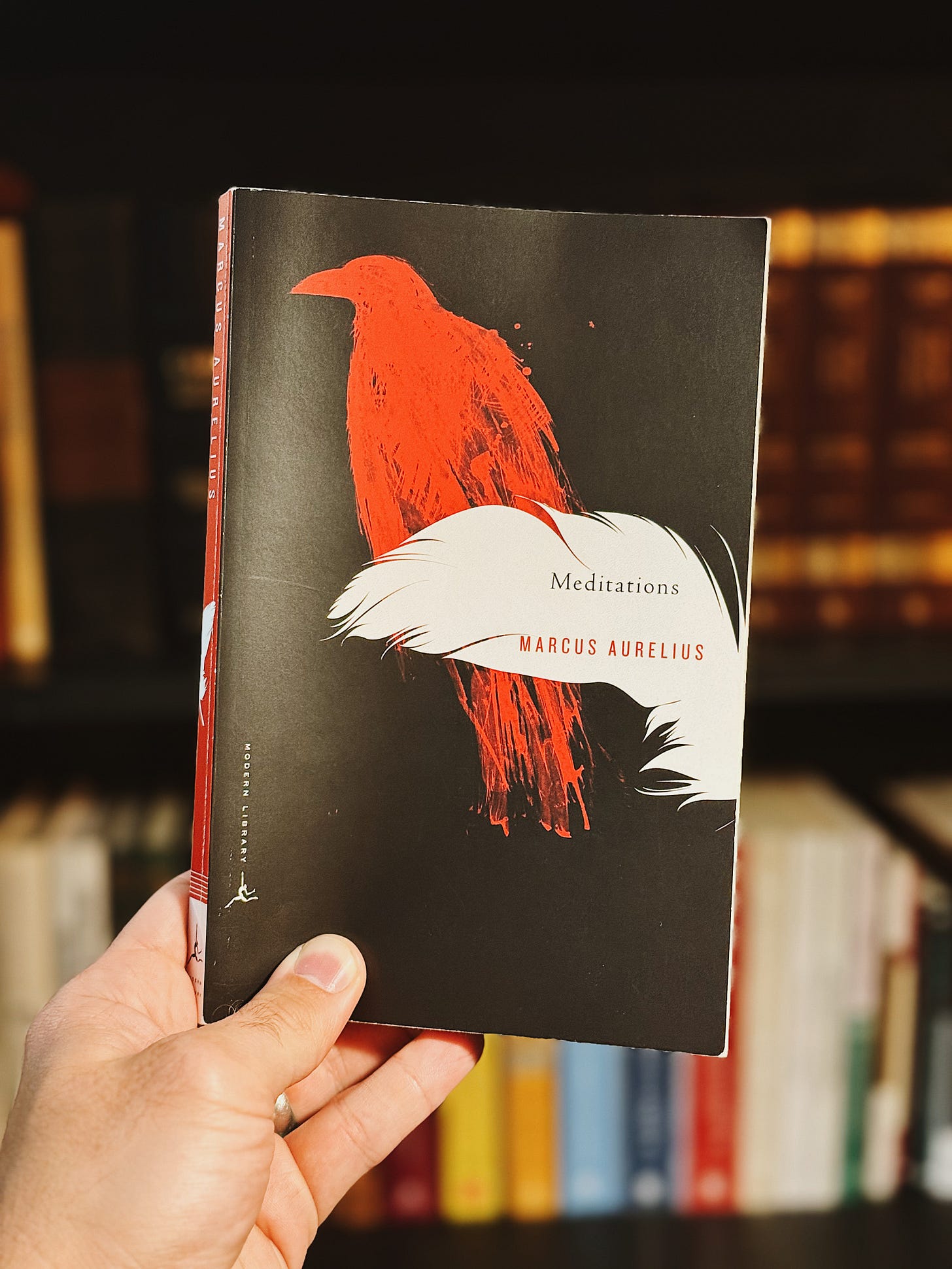

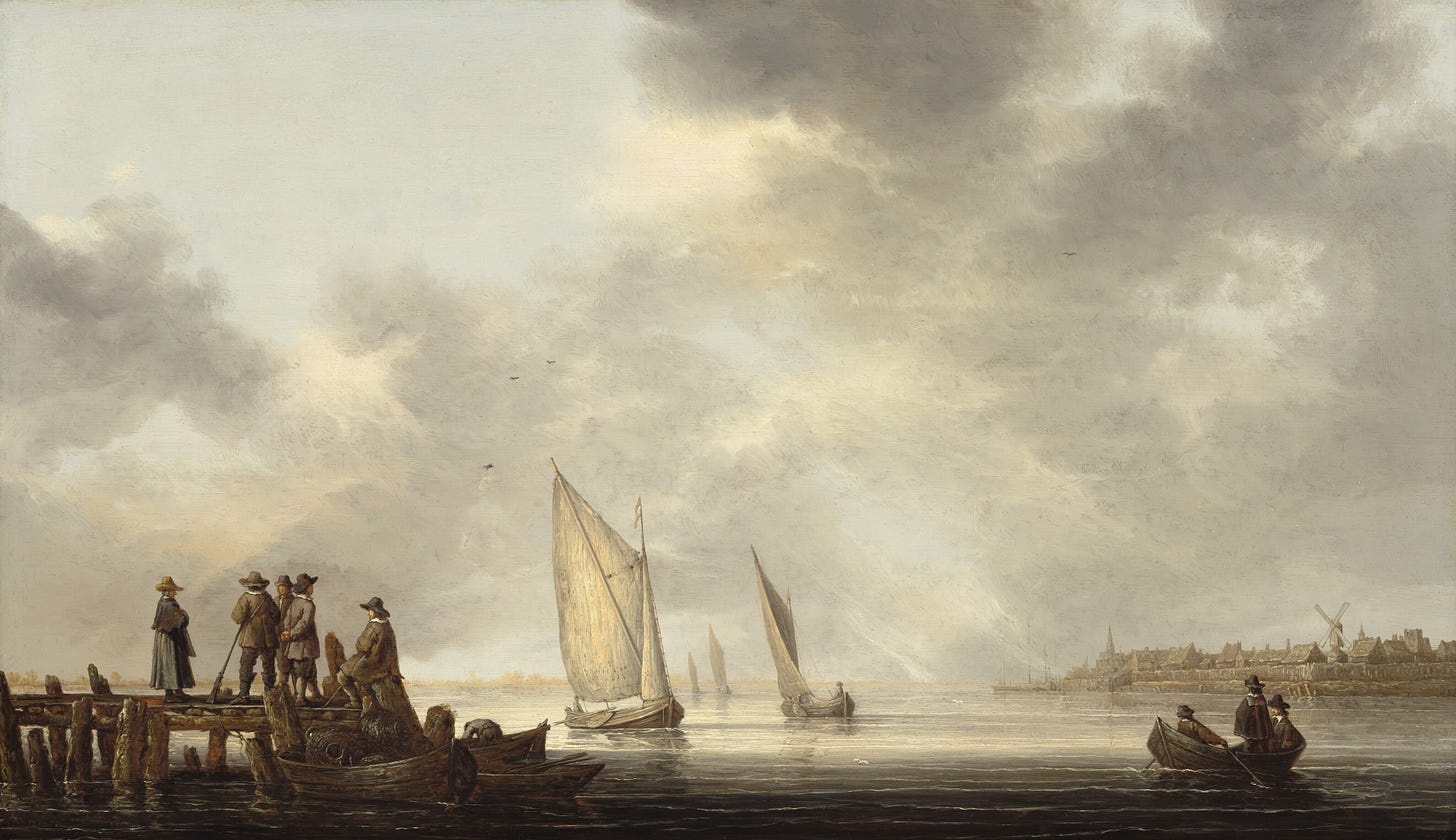
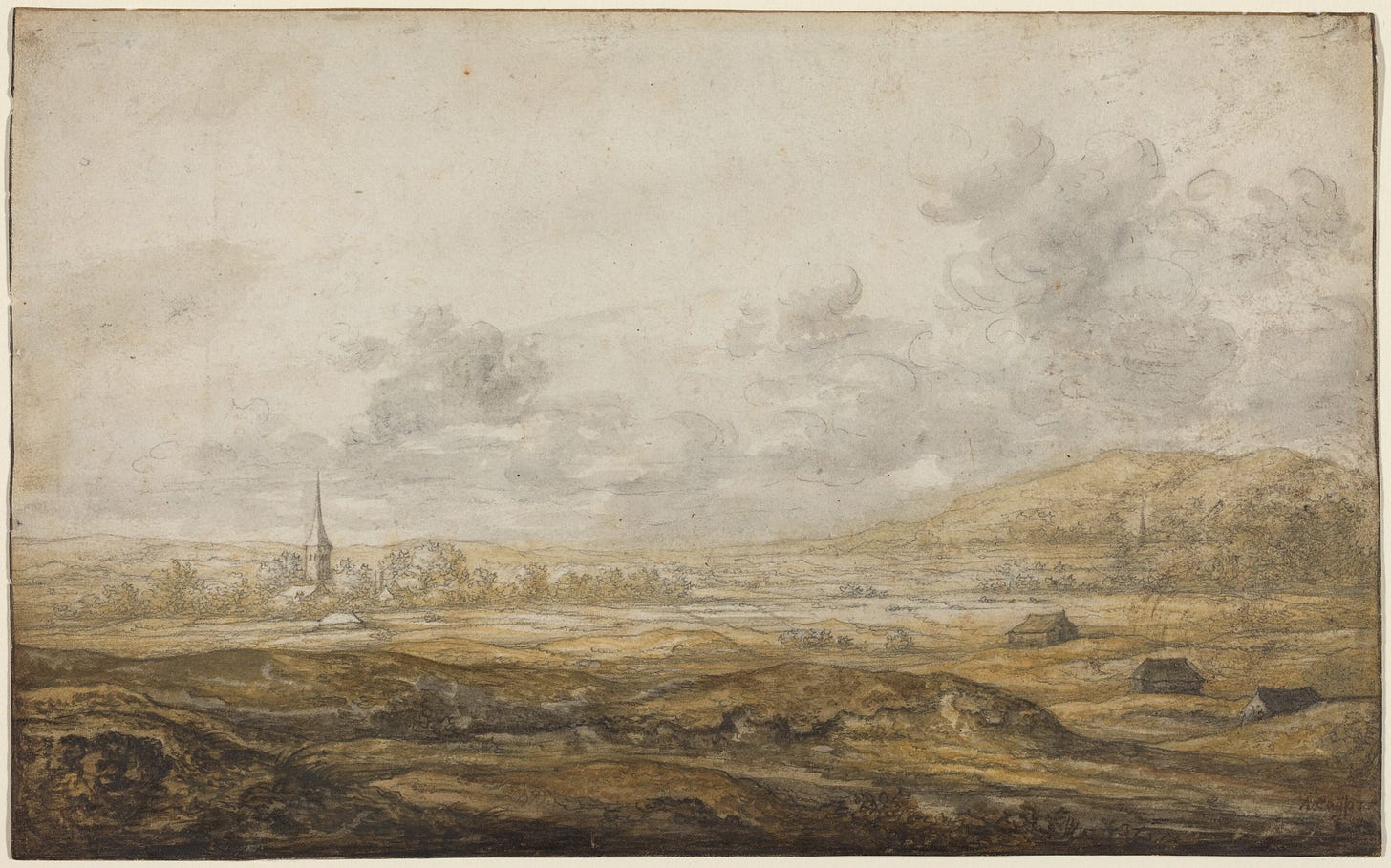
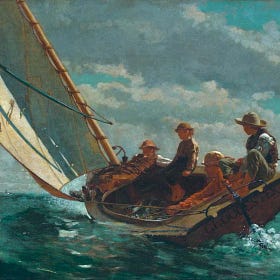
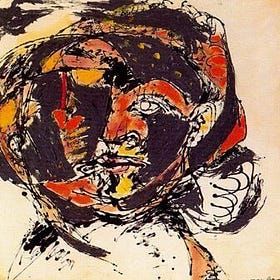
*pats self on back for hopefully finally being done with X and getting through the article in one sitting*
But really, I think one of my worst fears is a cognitive disease like Alzheimer's. I've wondered a lot about what my online consumption habits, particularly short form stuff, are doing to my brain in this regard.
I'm trying to be better about this.